Philosophical Canon

In your journey reading and learning about philosophy, you’ll probably come across people writing or talking about something called the “philosophical canon.” Cannon? Does that mean that all philosophers are actually just pirates ☠️ sailing the seven seas and doing whatever swashbuckling is? Obviously, yes. But, when they’re not pirating it up, philosophers like to talk about the canon (with just one n), a big ol’ group of books, texts, people, and ideas that are generally regarded as absolutely fundamental in the study of philosophy. The canon includes a lot of figures you might not know, like Leibniz, Spinoza, and Berkeley, and a lot of figures you probably do, like Locke, Kant, and Mill. Even if you don’t know their names, you definitely know their ideas. For example, one of Locke’s key concepts is the idea that we have natural rights, including “life, liberty, and property.” Sound familiar? It should! You might get in trouble for plagiarism, but in writing the Declaration of Independence, Thomas Jefferson ripped off Locke big time. (He decided the pursuit of happiness was more important than property, though, and can you blame him? Will Smith is pretty great.)
There are a lot of people who think the canon is not so hot. If everyone agreed to read all the same things, why do we want to change this up now? Well, for starters, pretty much everyone in the philosophical canon is a straight, white, European dude 👴. What’s more, pretty much everything in the canon is really old. Like really old. Like with a lot of old things, that means it comes with some pretty outdated ideas. But you might say, my grandpa’s old, and he’s not racist, he’s just from a different time! We don’t need to throw him out. Well, even if that were true, there’s a pretty good chance your grandpa’s ideas aren’t foundational in the construction of Western civilization and all contemporary studies of philosophy. Take Kant for example. One of Kant’s most famous ideas is called the categorical imperative which says, in a really fancy 18th century German way, treat other people👨🏻🧕🏽 like people👩🏿👩🏼and don’t do anything you wouldn’t be okay with everybody doing all the time. Great, right? Well, turns out Kant’s idea of “all people” pretty much only included white guys. It’s these ideas and concepts that give a lot of people pause and ask whether we should add more women like Mary Wollstonecraft and philosophers of color like Frantz Fanon into the canon. Others argue we should just get rid of the whole thing! Still others say maybe we can keep the canon, but use the ideas of these philosophers in ways that really do support equality and equity. What do you think?
Videos
What is the Western Canon?
The Audiopedia
-
 What is the Western Canon?
What is the Western Canon?
-
 What is Philosophy?: Crash Course Philosophy #1
What is Philosophy?: Crash Course Philosophy #1
-
 Philosophy – Plato
Philosophy – Plato
-
 POLITICAL THEORY – Jean-Jacques Rousseau
POLITICAL THEORY – Jean-Jacques Rousseau
Podcasts
Want to Know More?
-
Feminist Appropriation of Canonical Philosophers
Stanford Encyclopedia of Philosophy -
The Purpose of the Canon
Martin Lenz -
Teaching and the Philosophical Canon
Justin Weinburg -
Revisiting the Early Modern Philosophical Canon
Lisa Shapiro -
Nietzsche Against the Philosophical Canon
Brian Leiter -
Great Books Program
Various Authors
Questions to Think About
-
If a philosopher had sexist or racist ideas, can we read or use their work without including those ideas?
-
What kinds of texts should be included in the canon?
-
Should we have a philosophical canon at all?
-
What is the purpose of having a canon?
-
Who decided what goes in the canon?
Key Thinkers
-
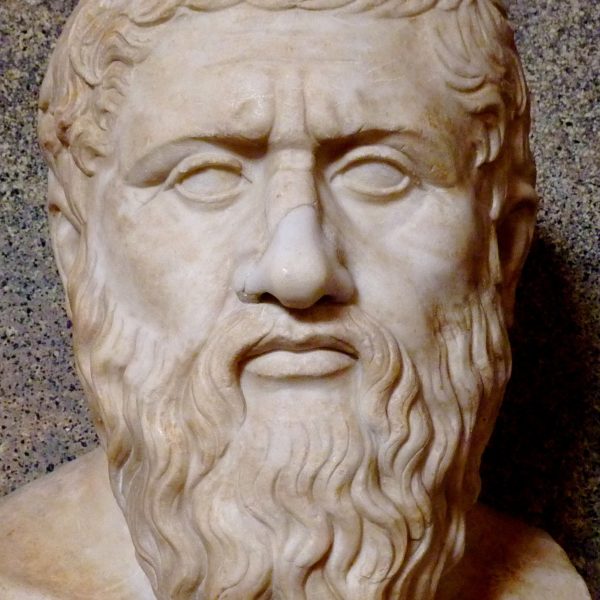
Plato
-

Aristotle
-
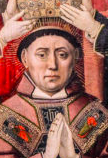
Augustine
-

Thomas Aquinas
-
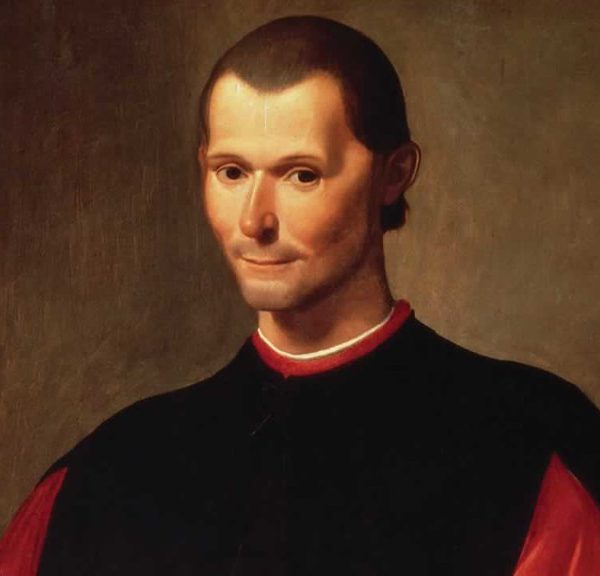
Niccolo’ Machiavelli
-

Francis Bacon
-
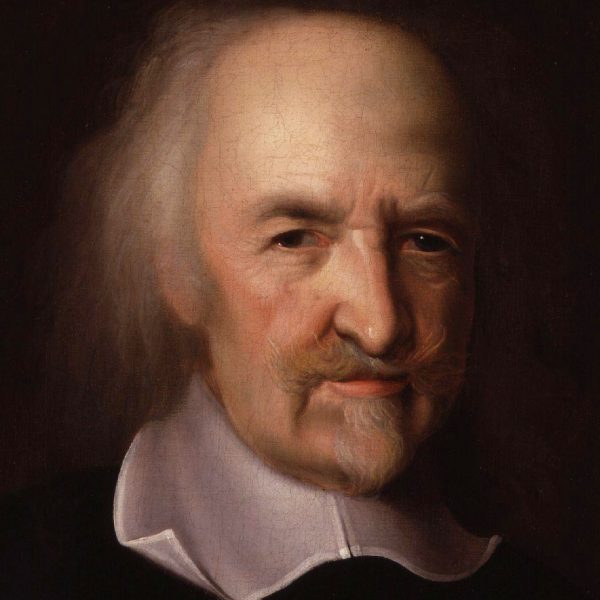
Thomas Hobbes
-
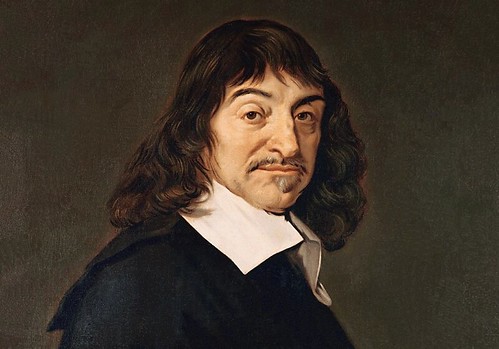
Rene’ Descartes
-

Baruch Spinoza
-

Gottfried Willhelm Leibniz
-
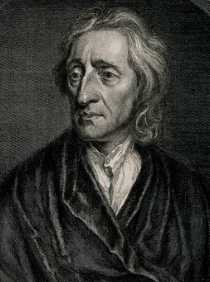
John Locke
-

David Hume
-

George Berkeley
-
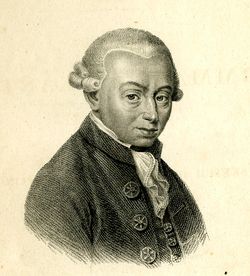
Immanuel Kant
-
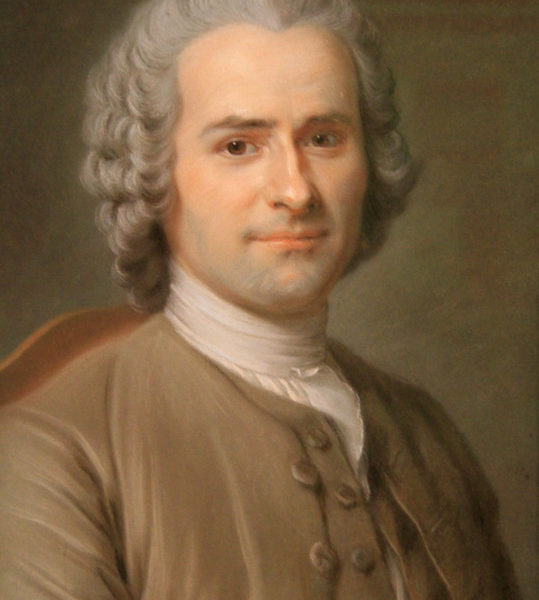
Jean-Jacques Rousseau
-

Georg Wilhelm Friedrich Hegel
-

Karl Marx
-

Bertrand Russell
“File:Bust of Plato, Vatican Museum, Rome.jpg” by Dudva is licensed with CC BY-SA 4.0. To view a copy of this license, visit https://creativecommons.org/licenses/by-sa/4.0. https://commons.wikimedia.org/w/index.php?curid=64206678
“Aristotle” by Nick in exsilio is licensed with CC BY-NC-SA 2.0. To view a copy of this license, visit https://creativecommons.org/licenses/by-nc-sa/2.0/. https://www.flickr.com/photos/33563858@N00/6884873348
“Saint Augustine ordained a Bishop” by Lawrence OP is licensed under CC BY-NC-ND 2.0. To view a copy of this license, visit https://creativecommons.org/licenses/by-nc-nd/2.0. https://www.flickr.com/photos/35409814@N00/43412161095https://www.flickr.com/photos/35409814@N00/43412161095
“St Thomas Aquinas” by Lawrence OP is licensed with CC BY-NC-ND 2.0. To view a copy of this license, visit https://creativecommons.org/licenses/by-nc-nd/2.0/. https://www.flickr.com/photos/35409814@N00/40626309662
“niccolo-machiavelli” by Gerard Van der Leun is licensed with CC BY-NC-ND 2.0. To view a copy of this license, visit https://creativecommons.org/licenses/by-nc-nd/2.0/. https://www.flickr.com/photos/48600075743@N01/8820134034
“Francis Bacon, Viscount St. Alban, son of Sir Nicholas Bacon” by lisby1 is marked under CC PDM 1.0. To view the terms, visit https://creativecommons.org/publicdomain/mark/1.0/. https://www.flickr.com/photos/60861613@N00/3785895610
“Thomas Hobbes, philosopher” by lisby1 is marked under CC PDM 1.0. To view the terms, visit https://creativecommons.org/publicdomain/mark/1.0/. https://www.flickr.com/photos/60861613@N00/3928775840
“René Descartes” by pittigliani2005 is licensed with CC BY-NC-ND 2.0. To view a copy of this license, visit https://creativecommons.org/licenses/by-nc-nd/2.0/. https://www.flickr.com/photos/37925259@N00/5832576407
“File:Benedictus (Baruch) Spinoza (anoniem schilderij, Gemeentemuseum Den Haag), Bestanddeelnr 935-0843.jpg” by Anefo is marked under CC0 1.0. To view the terms, visit http://creativecommons.org/publicdomain/zero/1.0/deed.en. https://commons.wikimedia.org/w/index.php?curid=66707368
“Gottfried Wilhelm Leibniz (* 21. Junijul./ 1. Juli 1646greg. in Leipzig; † 14. November 1716 in Hannover)” by pittigliani2005 is licensed with CC BY-NC-ND 2.0. To view a copy of this license, visit https://creativecommons.org/licenses/by-nc-nd/2.0/. https://www.flickr.com/photos/37925259@N00/4473961414
“File:John Locke. Line engraving by G. Vertue, 1738, after Sir G. Wellcome V0003651.jpg” by Wellcome Library, London is licensed with CC BY 4.0. To view a copy of this license, visit https://creativecommons.org/licenses/by/4.0. https://commons.wikimedia.org/w/index.php?curid=36403225
“David Hume” by Martin Beek is marked with CC0 1.0 To view a copy of this license, visit https://creativecommons.org/publicdomain/zero/1.0/. https://www.flickr.com/photos/66122200@N00/32931731777
“Bishop George Berkeley” by John Smibert, 1688 – 1751 is marked under CC0 1.0. To view the terms, visit https://creativecommons.org/publicdomain/zero/1.0/. https://npg.si.edu/object/npg_NPG.89.25
“Immanuel Kant” by Special Collections at Johns Hopkins University is licensed with CC BY-NC-SA 2.0. To view a copy of this license, visit https://creativecommons.org/licenses/by-nc-sa/2.0/. https://www.flickr.com/photos/41637252@N04/6767329877
“Le Jour ni l’Heure 7328 : Jean-Jacques Rousseau, Citoyen de Genève, 1712-1778, par Maurice-Quentin de la Tour, 1704-1788, deuxième version, 1759-1764, le Petit Montlouis, musée Jean-Jacques Rousseau de Montmorency, Val-d’Oise, samedi 11 août 2012,18:01:52” by Renaud Camus is licensed with CC BY 2.0. To view a copy of this license, visit https://creativecommons.org/licenses/by/2.0/. https://www.flickr.com/photos/7313591@N02/7763867540
“Bildnis des G. W. F. Hegel” by ubleipzig is marked under CC PDM 1.0. To view the terms, visit https://creativecommons.org/publicdomain/mark/1.0/. https://www.flickr.com/photos/132294445@N05/17031556862
“Karl Marx | Карл Маркс, 1875” by klimbims is licensed with CC BY-SA 2.0. To view a copy of this license, visit https://creativecommons.org/licenses/by-sa/2.0/. https://www.flickr.com/photos/22155693@N04/32109448247
“Bertrand Russell 1872 – 1970” by oneredsf1 is licensed with CC BY-NC-SA 2.0. To view a copy of this license, visit https://creativecommons.org/licenses/by-nc-sa/2.0/. https://www.flickr.com/photos/112345594@N02/26979354839
Key Texts
-
The Republic
Plato -
The Apology
Plato -
The Prince
Nicolo Machiavelli -
Leviathan
Thomas Hobbes of Malmesbury -
Meditations On First Philosophy
René Descartes -
The Ethics
Benedict de Spinoza -
New Essays on Human Understanding
Gottfried Wilhelm Leibniz -
Two Treatises of Government
John Locke -
An Enquiry Concerning Human Understanding
David Hume -
Critique of Pure Reason
Immanue Kant -
Discourse on Inequality
Jean Jacques Rousseau
Key Terms
-
- Canon
- A collection of works accepted as central to study of a field
Similar Starter Packs
-
Metaphysics
Looks at the basic philosophical questions of what actually exits and what being is.
-
Philosophy Foundations
A great place to go if philosophy is new to you and you want to know what it is and what kinds of questions philosophers ask.
-
Modern Political Philosophy
Compares the political systems of the state of nature theorists.







